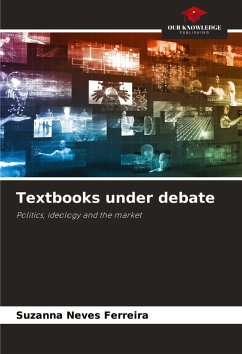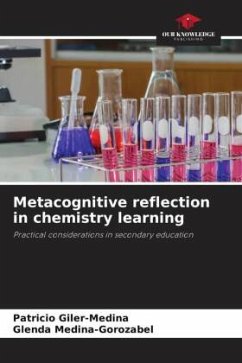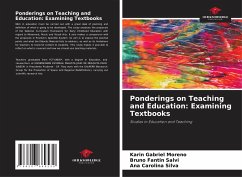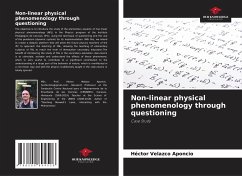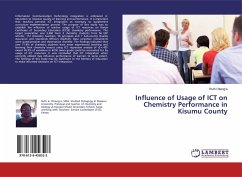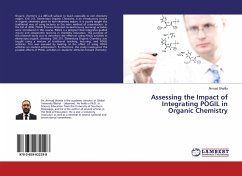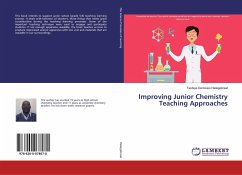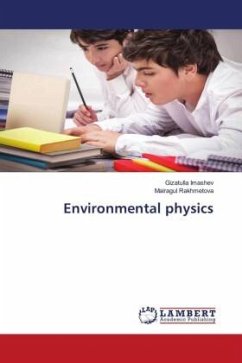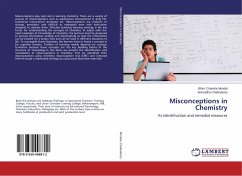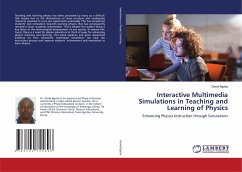
Structure of Matter and Textbooks
Analysing works from the early 20th century
Versandkostenfrei!
Versandfertig in 6-10 Tagen
41,99 €
inkl. MwSt.

PAYBACK Punkte
21 °P sammeln!
Textbooks (LDs) have proved to be sources of research for education. From this perspective, this work seeks to analyse, through a historical approach, what characteristics are present in Physics and Chemistry textbooks from the early 20th century in Brazil in relation to the contents of the structure of matter. To this end, an analytical device based on the theoretical assumptions of French Discourse Analysis is proposed, in order to reconstitute discursive formations imbricated in didactic texts. In the light of Bachelard's epistemology, we also sought to elucidate the conceptions of science ...
Textbooks (LDs) have proved to be sources of research for education. From this perspective, this work seeks to analyse, through a historical approach, what characteristics are present in Physics and Chemistry textbooks from the early 20th century in Brazil in relation to the contents of the structure of matter. To this end, an analytical device based on the theoretical assumptions of French Discourse Analysis is proposed, in order to reconstitute discursive formations imbricated in didactic texts. In the light of Bachelard's epistemology, we also sought to elucidate the conceptions of science and teaching conveyed through the LDs, seeking to contextualise the analysis according to the historical period selected (1900-1930) with regard to the scientific, political and educational scenario of the time. Aimed at science educators, undergraduate students and researchers in the field, this work includes a concise summary of studies already carried out in the period and an analysis of rare books that reveal the relationships between the discourses that make up the textbook as a textual genre.



